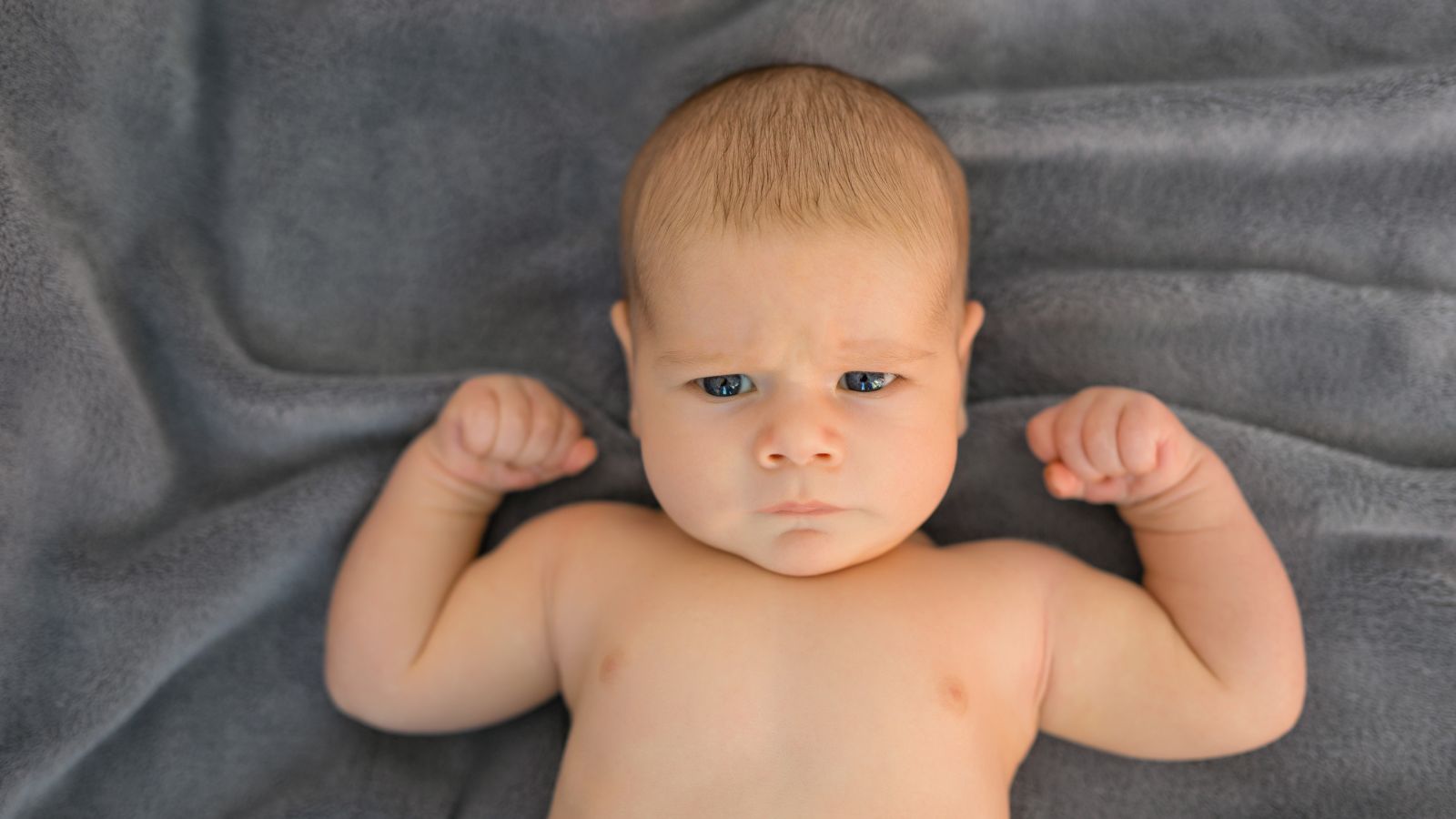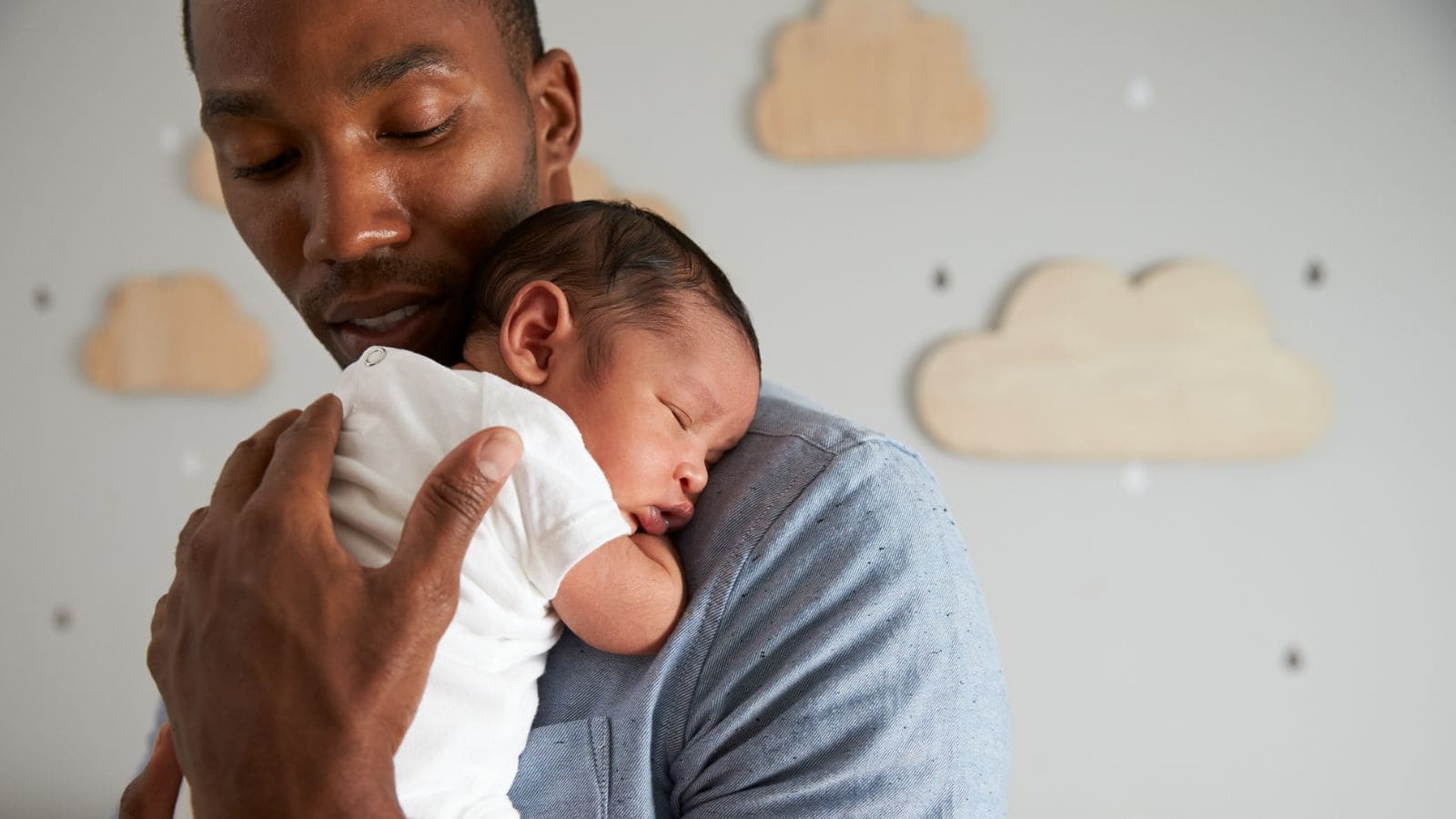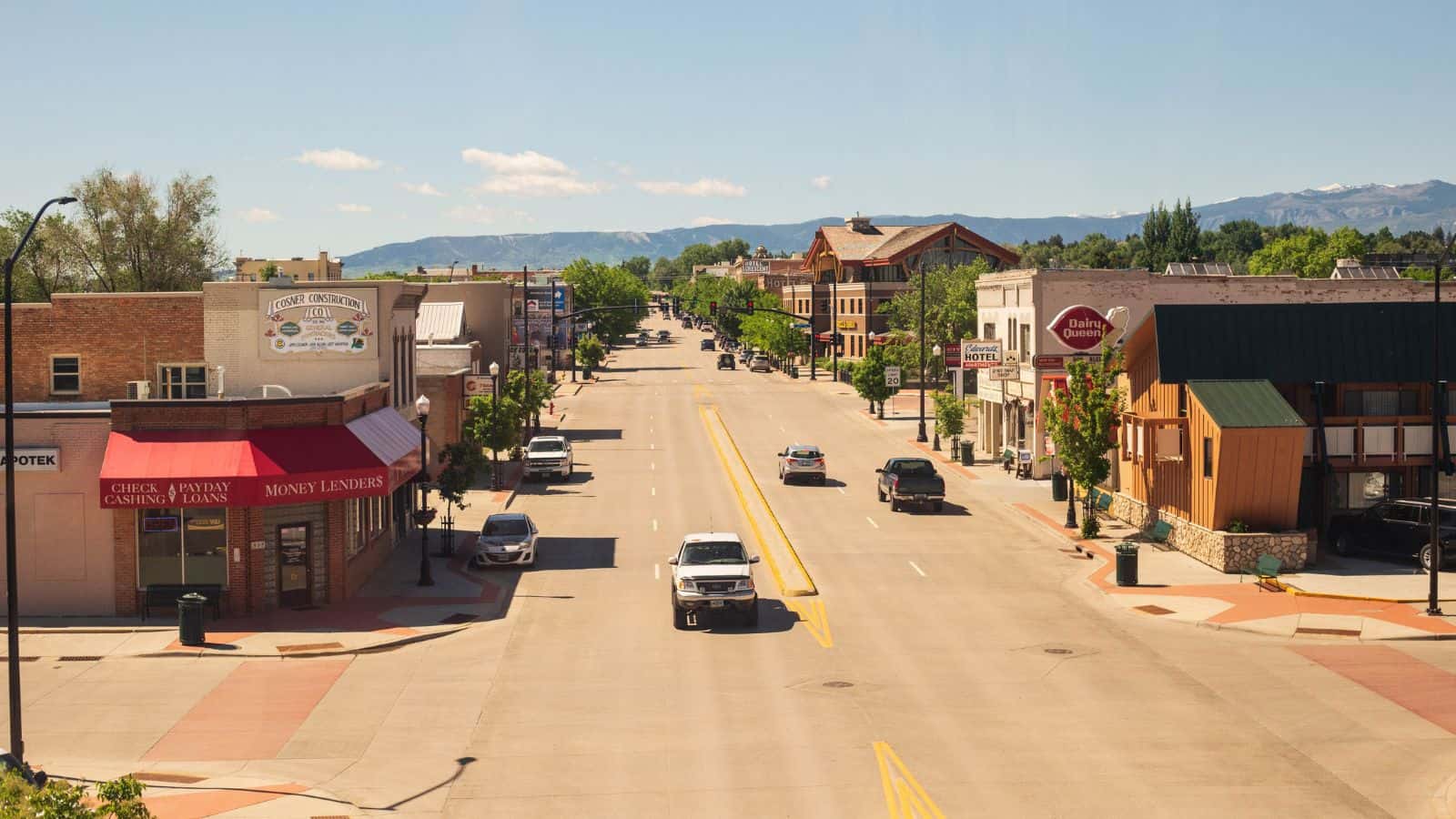Just like fashion, baby names come and go over time, meaning that some names that were popular decades ago sound strange or even uncomfortable now. In this post, we’ll be covering 16 baby names that are now unpopular, but don’t worry – we’ll also provide 4 of the world’s favorites at the end.
Hadrian

Hadrian is a masculine name that means “dark-haired” and has a Latin origin, formerly seen as a perfect fit for baby boys with brunette hair. Some say it’s a reference to the Italian city of Hadria, given to boys and made popular by Publius Aelius Hadrianus, a literary erudite of the Roman Empire.
Jayden

Jayden, once a widespread contemporary gender-neutral name, has now become extremely unpopular – so unpopular, in fact, that Times Magazine ranks it as the most hated boy’s name in the US! This is perhaps due to the heavy nature of its Hebrew origin, which means “God will judge”.
Aiden

Another name that’s had its fair share of popularity and now stands disliked by many is Aiden. Meaning “little fire” or “born of fire,” it has Irish roots and is connected to the old Celtic sun god Aodh. Like Jayden, it’s also gender-neutral and is sometimes spelled “Aidan.”
Brayden

Completing the much-disliked “den” trio is Brayden, a name with roots in the UK and one of the most popular in the 2000s. It means “broad” or “wise” and is said to come from the word “Braden,” the Gaelic word for salmon, yet despite these positive roots, the name is no longer so popular.
Hendrix

Hendrix isn’t hated, yet it has lost its popularity over the years. Many owe its prior popularity to the guitar legend of the ‘60s, Jimi Hendrix, so it often appeals to music enthusiasts. There’s no clear reason why it’s decreased in popularity, though – just like fashion, names go through trends too.
Sawyer

Sawyer was once a boy’s name that became popular with girls and now stands as a unisex name, but not a very fashionable one. While some say it has roots in the German word “Sager” or the Jewish word “Seger,” which means “army’s victory,” many say it’s an English name that simply means “woodcutter.”
Raegan

The name Raegan beams royalty, a formerly popular gender-neutral name that means “little king” or “sovereign.” It was previously made popular by influences from Shakespeare and former US President Ronald Reagan, but that’s no longer the case. Perhaps this is because neither of those people is so relevant these days!
McKenzie

Popular in the early 2000s, McKenzie has now fallen out of favor with many. It’s a Gaelic (Scottish) female name based on the word “MacCoinnich,” which means “pleasant to look at”. With such attractive roots, it’s surprising that this name is no longer so common.
Navaeh

While many say the name Navaeh comes from the Irish word “Niamh,” which translates to “bright” or “radiant,” others hate it and refer to it as insubstantial for being made up. Coincidentally, “Navaeh” spelled backward also reads Heaven, as the New York Times pointed out, yet even this helped the name stick around.
Destiny

This feminine name, with a clear relation to fate and fortune, was one of the more popular first names in the late 20th and early 21st centuries. While many would love to associate it with religious origin, it’s merely a virtue placed upon your child, and not everyone likes that these days.
Madison

Madison is a modern variation of “Mathieson,” which is a unisex name that means “child of Mathew”. As Verywell Family shares, it’s also a merge of the old German words “maht” and “hiltja,” together meaning “strength in battle.” The name was once in the top five in the US before its fall.
McKenna

McKenna has Irish origins from the words “Cináed (Kenneth),” which means to be born of fire, and “Mac Cionaodha,” translated to “child of Cionnaith.” While many see it as a great name signaling strength and confidence, some dislike it for claims of it being made up.
Hank

Perhaps in the 1920s, 1930s, and 1940s, the name Hank would’ve been the most appealing to you. However, today it has fallen drastically in popularity. With “home ruler” as its original Germanic meaning, it isn’t hard to see why this masculine name isn’t particularly interesting anymore!
Kaden

From the Arabic word “Kadin,” meaning “companion,” to the Welsh word “Caden,” meaning “spirit of battle,” Kaden has its roots spread out everywhere. It’s also said to mean “round” and “gentle,”, so all these conflicting roots may have contributed to the name’s decrease in popularity.
Hunter

Another name with a rather straightforward meaning, “Hunter”, has British origins and was formerly an occupational name that meant “one who hunts”. Even though it’s still used more than other names on our list, it’s fast falling out of popularity, with some considering it unprofessional and cruel.
Clayton

Our last unpopular name, Clayton, comes from the old English words “clæg” and “tun”. When combined, these words mean “a town built on clay,” and are reminiscent of heritage and history. Nonetheless, it still doesn’t sit comfortably with many, and the New York Post counts it among seven names going extinct today.
Mary

According to the Social Security Administration, the most popular female name is Mary. It doesn’t just stay within the US but transcends to other English-speaking countries as well as France and Spain. It’s an old-world name from the Hebrew word “Miriam” or “Mariam,” and it means “beloved” or “star of the sea.”
James

“James” has been the most popular male name in the US for the last century. It’s a biblical name with Hebrew origins that means “supplanter,” “assailant,” and “he will heed.” It’s also derived from the Latin word “Jacomus,” which means “may God protect.” With those origins, it’s no surprise this name has stuck around!
Robert

Robert is another very popular name for male children, so popular in fact that it is the second most popular name in the U.S. It’s a name with a deep history in royalty, having the privilege to be bestowed upon many kings. “Robert” is from the Germanic word “Hrodebert,” which translates to “bright fame.”
Patricia

Last but not least, Patricia is the second most popular name for girls across the US. It’s claimed to have roots in the Irish-originated word “Patrick,” while others say it comes from ancient Rome. Regardless of its origins, it means the same thing—nobility—and describes a woman of unbending nature.
Up Next: 17 Places in the U.S. Where Even Truck Drivers Won’t Stop

Truck drivers tend to be hardy souls—well-seasoned travelers who aren’t often afraid to rest up or refuel in risky locations. However, there are certain U.S. locations that even the most road-weary trucker refuses to stop at for fear of criminal activity or natural dangers. Here are 17 such locations that even experienced truck drivers approach with trepidation (or not at all).
17 PLACES IN THE U.S. WHERE EVEN TRUCK DRIVERS WON’T STOP
17 Things Guests Actually Notice Right Away About Your House

Inviting people into your home is a big deal. You may be very house-proud or house-conscious, and if you are either, you’ll likely get anxious about hosting. If this sounds like you, stop worrying and focus on the following 17 things that guests actually notice right away about your house.
17 THINGS GUESTS ACTUALLY NOTICE RIGHT AWAY ABOUT YOUR HOUSE
The 17 Unhappiest States in America

The US has hit an all-time low position in the World Happiness Index, tumbling to 23rd in 2024. However, it’s important to remember that location is an important factor; many US states are very happy, unlike the following 17 US states that appear to be the most unhappy.
